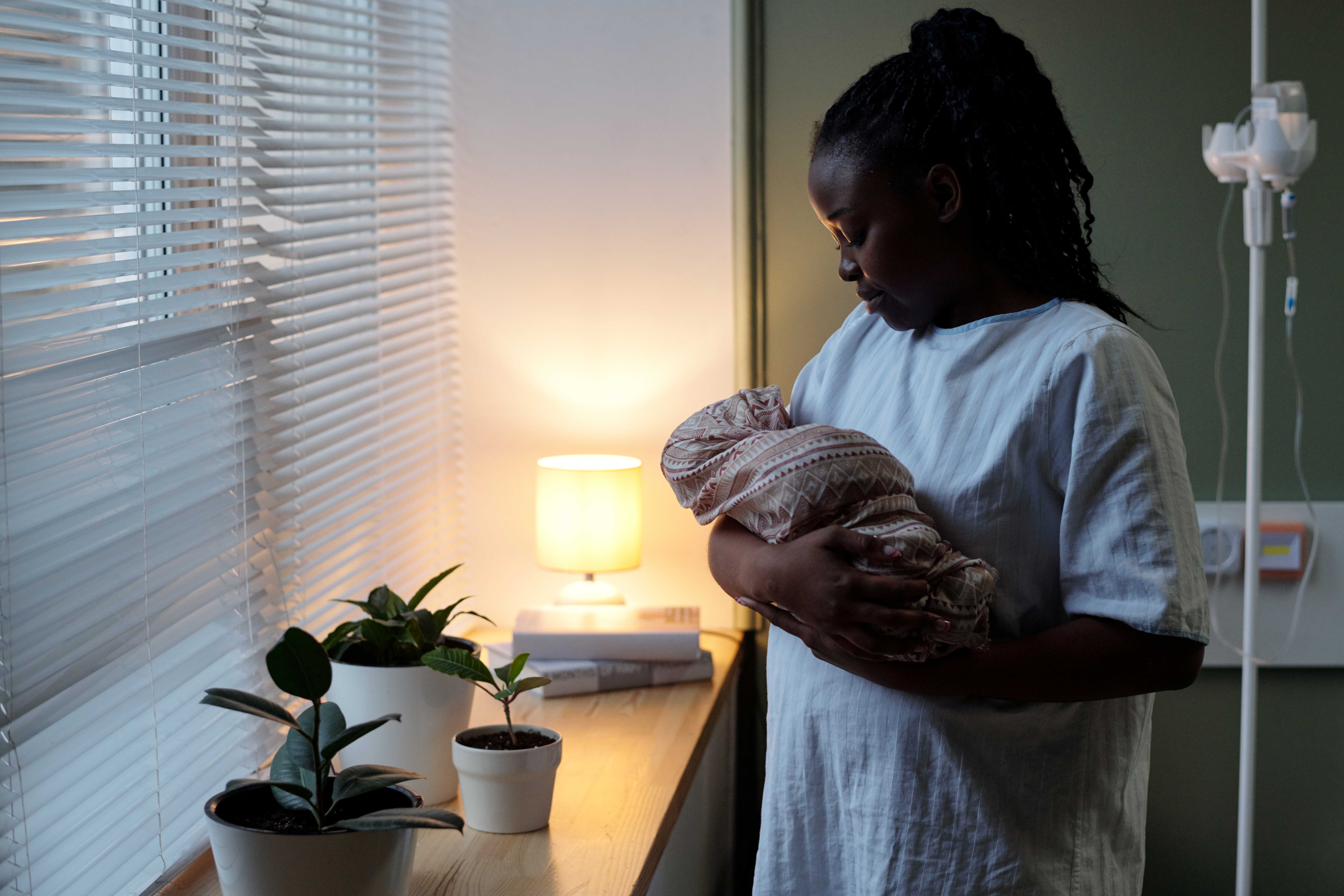As a woman in her 70s, Katie Oppen recalled how things were different back then, though not necessarily right as her husband discouraged her from attending university or working, forcing her to take low-paying side jobs and stretch her bachelor’s program to 15 years instead of four.
“I met my husband in my first year of university. He quit, didn’t even finish the winter term and I had one year under my belt and then he said, ‘University’s for losers, you should just go get a job,’ and I was 17, 18 at the time so I got a job and then it took me 15 years to complete my bachelor’s degree,” Oppen said.
“I just persisted and I took one course at a time or two and in science you had to take the class and the lab so there was an extra scheduling thing and so through that 15 years I had my kids and I had a small business on the side and a cranky husband to deal with,” she said.
Oppen said her husband was her biggest barrier, wouldn’t help pay for her tuition despite her not having any money of her own, just dinky part-time jobs he didn’t want her to work.
She started university when she was 17, was at the top of the class and loved university but her husband through her off track and she now sees him as a narcissist and all that he did to her as wrong.
“Those days too, I was blind and deaf to what was going on, all the stuff that my husband did. I just assumed that was what marriage was like. After the first couple years I wanted to get out, but we’d been married three years when I had the first child,” Oppen said.
“And, of course, the narcissist thing. They tell you that you’re incapable and you’re unable to survive without them. Actually, in those days, the choices were poor. There wasn’t good child care, there wasn’t shelters. I got married when I was 19. What do people know when they’re 19?” she said.
Oppen described her marriage as being captured by a narcissist who just wanted a woman to have sex regularly with and cook his meals but she kept going, was persistent, took classes when she could afford the tuition and scheduled them around her babies and her part-time jobs.
She finally left her husband in 1998, after being married to him for 26 years, 24 of those years unwillingly. A small business she created that was plant-related didn’t seem to matter anymore because she was free to do what she wanted and no longer needed side gigs to achieve what she wanted to in life.
“Finally, after a few years of trying different things, I got a job as an inspector with the Canadian Food Inspection Agency (CFIA) and part of that was because I had met the local officers over the years through my plant business,” Oppen said.
“When I got that job, the first paycheck that I got was like three thousand dollars for the month. I even went to the HR person. She laughed at me, so this was me being so out of the workforce and out of the system, to not know that I could make that much money,” she said.
Oppen’s boss at this job was patient, taught her more about the field, valued her and even backed her up when she’d receive unnecessary complaints. This was something she wasn’t used to in her marriage as she always had to back down and never won an argument because she had no money and no power.
“One day I was at the grocery store, couldn’t decide what food to buy and a friend came by, she was talking and she said, ‘What do you like?’ I go, ‘I can just buy what I like?’ Who would have thought that right?” Oppen said.
Around the time Oppen left her husband, her oldest daughter was living on $400 a month in a house with other young people and encouraged her to also find an apartment.
Coincidentally, it was also $400 and she rented a moving truck with her daughter and her daughter’s friends who helped her move her stuff out of the house when the husband wasn’t home.
“I moved to the apartment and a little bit later the guy comes. He said my deposit check bounced. I was 48-years-old and I didn’t even have $400 in the bank. I think my mom sent me some money and I was making a little bit of money and I just shuffled it around and it was okay and I survived. I stayed in that apartment for a couple of years until the divorce was settled and I bought the condo,” Oppen said.
“If my husband had backed me up, I could have zipped through school, got my bachelor’s degree in four years. I would have gone on to grad school, I would’ve had a PhD. That was my path,” she said.
Despite this, Oppen still managed to create a good career path for herself from working for the CFIA, then moving out of Edmonton to Ottawa for several other careers and retiring as a federal employee.
The Canadian Centre for Women’s Empowerment (CCFWE) offers many resources for survivors as well as victims of economic abuse, ranging from prevention resources to their STEAR app which provides centralized information on safety, financial matters and legal resources.
As we reflect on stories like Katie Oppen’s during the month of March where International Women’s Day falls on the 8th or it being women’s month for the entire month in the United States, we are reminded of the importance of supporting women who face barriers in education, career and personal lives.
This important day and month serve as a call to action for all of us to ensure that more women like Katie are able to find the freedom, independence and success they deserve.
Written by Julia Vellucci







